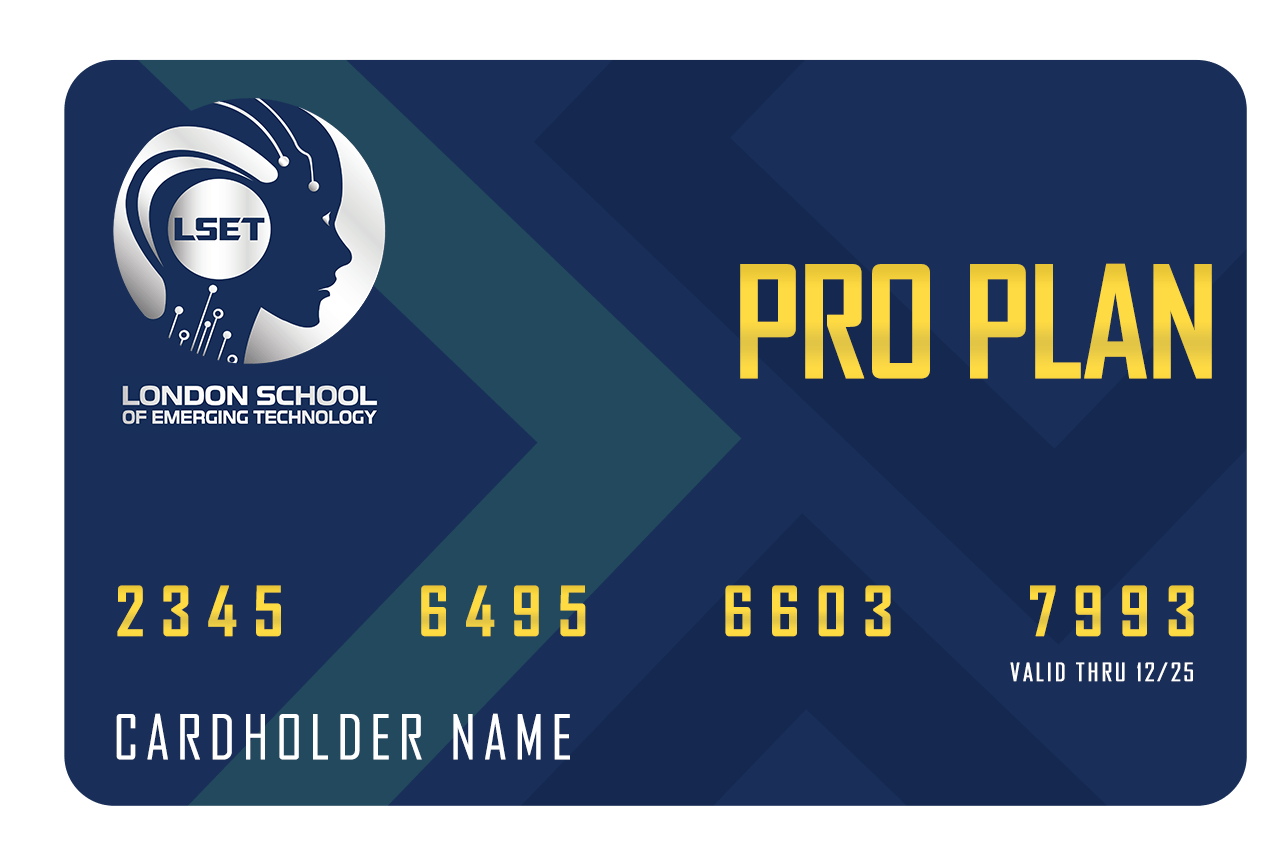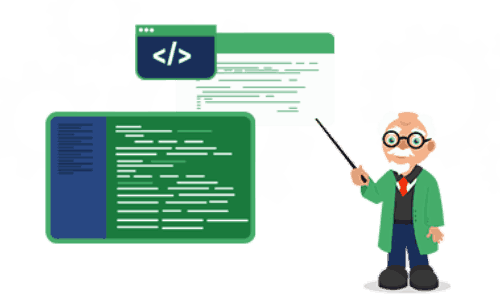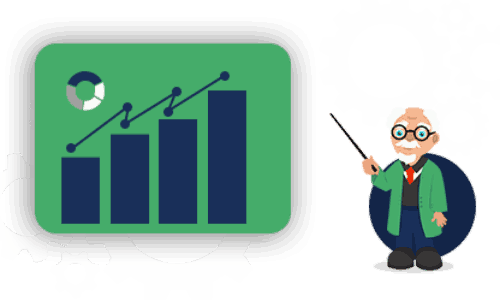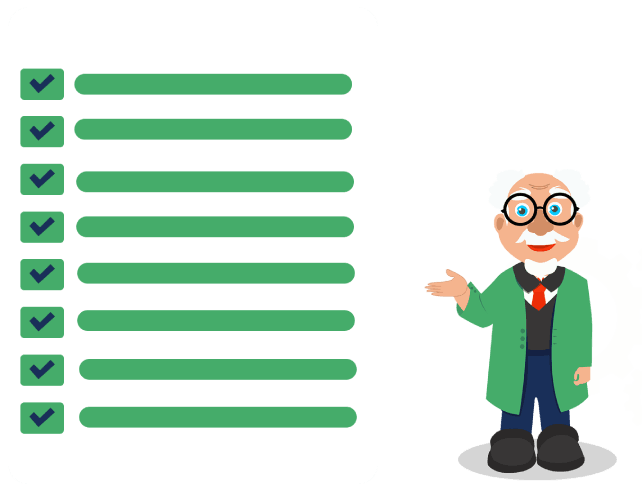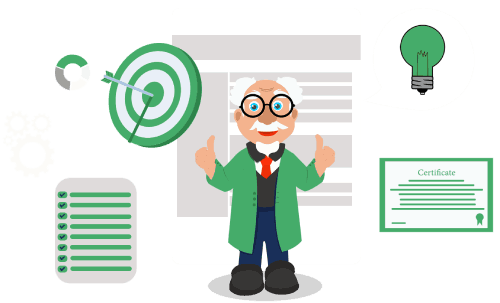Scala is a great choice to learn and practice both Object-Oriented and Functional programming styles, because it offers a nice blend of both paradigms. In this course, Scala Fundamentals, you’ll evolve your understanding of Scala by learning about the new ideas and concepts it offers.
You’ll start by learning how to write object-oriented code in Scala. Next, you’ll dive into the basic types that Scala provides and how you can create your own. You will then examine functions, including function literals, function values, and closures, before exploring how you can create your own Control Structures using the concept of currying.
Finally, you’ll learn about Traits and how to create stackable modifications, how to use the reduce and fold concepts of Collections, and about Implicit conversion and all the use cases that the feature has to offer. By the end of this course, you’ll be able to put these techniques into practice in your own Scala applications.
Develop scalable programs
There is no need to worry if you are unfamiliar with Java or functional programming; Scala is an excellent transitional language.This course will guide you each step of the way, with mini-projects at the end of each section to reinforce your learning and a clear explanation of the various components of the language. Having prior programming experience is certainly beneficial, but it is not essential.
You will begin by installing Scala and gaining an understanding of its variables, constants, and string manipulations. You will then learn the various aspects of Scala section by section, using the Eclipse Scala IDE throughout. You will learn the fundamentals of the programming language, control flow, functions, classes, file I/O, and exception handling, among other things.
If you are interested in learning Java, learning function programming, or adding a new language to your repertoire, this course is for you. In the end, you will have gained basic proficiency in Scala and will be able to demonstrate an understanding of functional programming.
Learning Scala, one of the most popular functional programming languages out there, is a smart way to upgrade your skills and transition from object-oriented to functional programming styles.



 Premium Career-Ready Track
Premium Career-Ready Track

